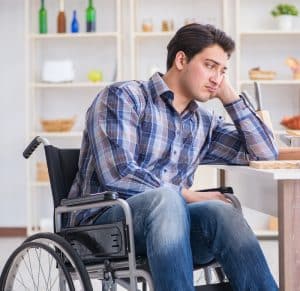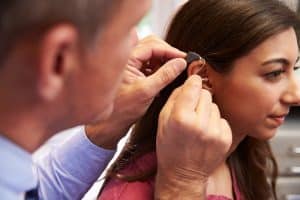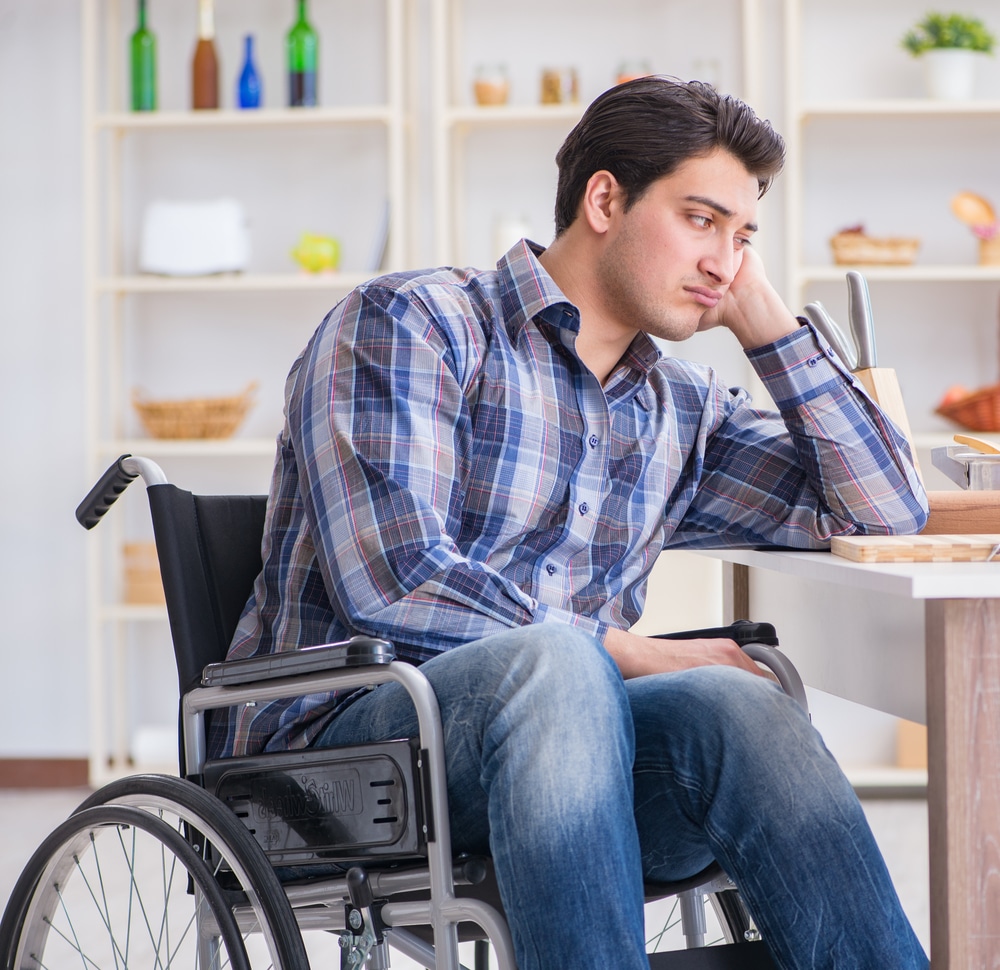Domestic Violence and the Disabled Attorneys Ocean and Monmouth County
Domestic violence occurs at a startling rate, and anyone can be a victim. Especially vulnerable, however, are populations with some disability.

According to the NJ Code of Criminal Justice Statutes 2C 25-19. New Jersey defines domestic violence as the occurrence of one or more of the following: homicide, assault, terroristic threats, kidnapping, criminal restraint, false imprisonment, sexual assault, criminal sexual contact, lewdness, criminal mischief, burglary, criminal trespass, harassment, stalking, criminal coercion, robbery, contempt of a domestic violence order that constitutes a crime or disorderly persons offense, or any other crime involving risk of death or serious bodily injury to a person protected under the domestic violence statutes.”
As becomes clear in the outline of domestic violence’s legally punishable acts, such acts can cause temporary or permanent disability in a victim, if not death. In fact, the Equal Rights Center notes that this threat to cause disability is one of how domestic violence and disability overlap:
- the sole or repeated act can temporarily or permanently disable a victim of domestic violence
- a person legally defined as “disabled” faces a higher risk of domestic violence, as statistics show; as well as abuse and sexual assault
- the traditional forms of domestic violence are but some of the ways disabled people are a victim of domestic violence; their abuse also takes subtler forms not explicitly outlined in the New Jersey legal code
- the support required to disabled domestic violence victims under the ADA is often harder to come by, as disabled populations often face additional obstacles to service
Americans with Disabilities Act
Title II: Social Services such as Domestic Violence Shelters
Title II of the ADA outlines state and local agencies’ legal responsibility to provide services, programs, and activities to people with disabilities without discrimination. As part of this regulation, domestic violence shelters and other social services must be made available to disabled populations.
Title III: Public Accommodations such as Legal Services and Doctor’s Offices
Title III of the ADA regulates public accommodations. These include social services and branch out to generally all services that are open to the public, such as legal services, counseling services, doctors’ offices, translation services, and domestic violence shelters. Any public or private entity that is open to the public is subject to compliance with the ADA regulations.
Responsibilities of Domestic Violence Shelters to People with Disabilities, According to the ADA

Admit people with disabilities, regardless of their physical or mental condition
Provide safe and fair accommodations. This means augmenting policies, practices, and procedures to ensure that a person with a disability receives the same services as all other clients.
Ensure structural access to all services. This regulation of all public accommodations’ physical structure ensures that the wide range of physical limitations a person’s faces do not limit their capacity to receive needed services.

This can be difficult, especially for disabled populations, as non-traditionally abusive tactics of a perpetrator often compromise their sovereignty and power in a relationship. These could include
- a partner shaming, blaming, or denying a person’s right to experience the symptoms of their disability
- the use of manipulative tactics to make a victim believe that they do not have or are not experiencing a disability, also known as gaslighting
- the withholding of access to medications, services, or other assistive supports
- the manipulation of medications to control the psychosomatic experience of the victim
and many others that the New Jersey Prevention of Domestic Violence Act would deem illegal.
Retain a Monmouth County Domestic Violence Against the Disabled Attorney to Carefully Handle Your Case
At Peter J. Bronzino, Esq, our team of experienced attorneys is skilled in protecting our clients in towns including Toms River, Brick, Sea Girt, Asbury Park, Wall, Manasquan, Neptune, Spring Lake, Brielle, and more in all matters of domestic violence.
Our direct approach to serving clients with disabilities in domestic violence cases is specifically designed to ensure that they receive the support they deserve. At the same time, we facilitate a legal case against their perpetrator.
To meet with an attorney today regarding your case, please contact our Brick, NJ offices by calling (732) 812-3102 today for a free and confidential consultation.







